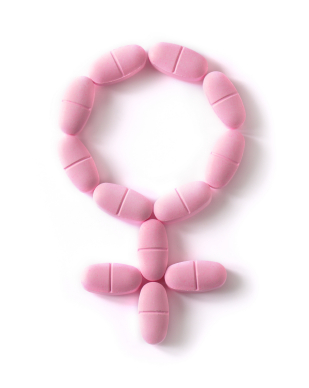A third of post-menopausal breast cancer patients stop taking their medication due to the side effects. Women in both the USA and the UK are found to stop their treatment early as the longer the women are treated, the more side effects they experience.
 The Northwestern University in the USA questioned 700 women who were being treated with aromatase inhibitors. They found that within four years, 36% of those being treated with the drugs had stopped taking them due to the ‘unbearable’ side effects. Side effects of aromatase inhibitors include weight gain, hot flushes, a drop in libido and severe joint pain. The aromatase inhibitors are used to treat breast cancer and ovarian cancer in post-menopausal women by reducing production of oestrogen and blocking its action.
The Northwestern University in the USA questioned 700 women who were being treated with aromatase inhibitors. They found that within four years, 36% of those being treated with the drugs had stopped taking them due to the ‘unbearable’ side effects. Side effects of aromatase inhibitors include weight gain, hot flushes, a drop in libido and severe joint pain. The aromatase inhibitors are used to treat breast cancer and ovarian cancer in post-menopausal women by reducing production of oestrogen and blocking its action.
Women who had been treated using chemotherapy or radiotherapy were the most likely to stop their medication due to the combination of side effects from the different treatments. Dr Wagner, who led the study stated that “Clinicians consistently underestimate the side-effects associated with treatment.”





